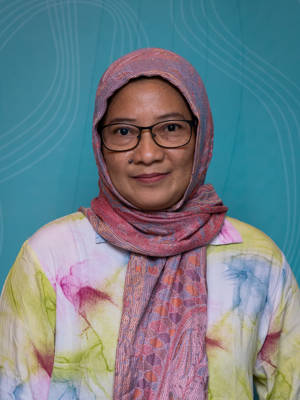GenderJustice is a three-year research project focused on religious activists and their efforts to promote gender justice in Colombia, Kenya, Indonesia, Pakistan, and at the United Nations. The project is based at the Peace Research Institute Oslo (PRIO) and is conducted by researchers from Colombia, Denmark, Indonesia, Kenya, Norway, and Pakistan. The project is funded by the Norwegian Research Council.
What is the background for this project? Rights related to gender equality and non-discrimination are increasingly contested, and debates on these issues are highly polarized. Religion often plays a central role in these debates. Conservative religious actors may view gender equality as a threat to religious values, while secular gender equality advocates may see religion as a barrier to progress. However, some actors challenge this dichotomy. Around the world, religious women’s rights organizations, feminist theologians, and other religious gender rights activists are actively promoting and defending women’s and gender rights - drawing inspiration and arguments from within their religious traditions.
What is the project’s approach and objectives? This research project explores how religious gender justice activists promote gender justice and contribute to gender-related rights debates at both local and global levels. Through qualitative case studies in Colombia, Indonesia, Kenya, Pakistan, and at the United Nations, the project seeks to answer the following questions:
How do religious gender justice activists understand ‘gender’ and ‘justice’, and which theologies and concepts do they rely on?
What strategies do religious gender justice activists use to contribute to depolarisation, and to what extent are they successful?
What are similarities and differences across religious and geographic divides?
Why is the project important? Religious gender justice activists often face pressure from multiple sides. Conservative religious groups may accuse them of deviating from traditional gender norms or even label them as ‘heretics’ or ‘apostates’. At the same time, secular gender justice advocates may view them with suspicion due to their religious affiliations. Despite these challenges, their unique position between two polarized camps can also be a strength. By drawing on both secular and religious narratives, these activists may help dismantle dichotomies, build bridges, and contribute to depolarization.
Who are the research partners? The project is a collaboration between the Peace Research Institute Oslo (Norway), the Danish Institute of Human Rights (Denmark), Sentiido (Colombia), St. Paul’s University (Kenya), UIN Syarif Hidayatullah Jakarta (Indonesia) and University of Groningen (the Netherlands)


.jpg?x=300&y=400&m=Cover&)






